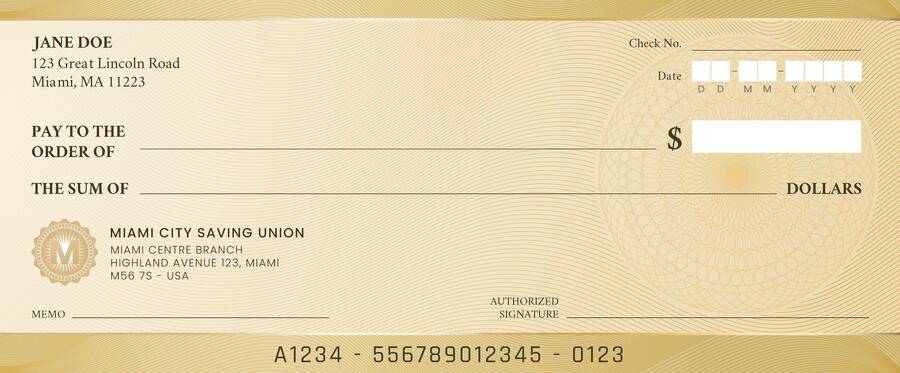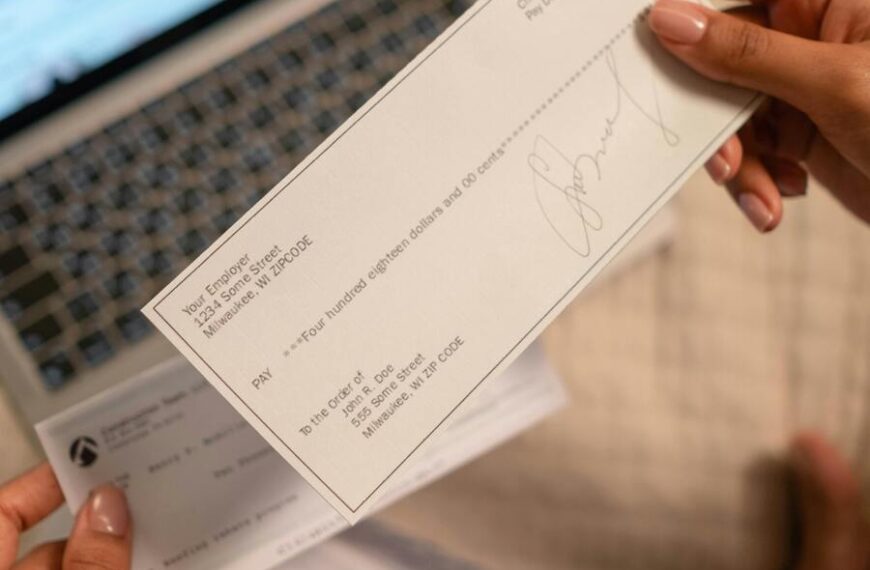
138 NI Act.
The Negotiable Instruments Act (NI Act) is a key piece of law that governs the usage and regulation of negotiable instruments in India. The Negotiable Instruments Act, instituted in 1881, serves as the cornerstone of India’s legal framework governing various negotiable instruments like promissory notes, bills of exchange, and checks. By providing clear guidelines and regulations, this legislation facilitates their seamless utilization in commercial transactions, ensuring reliability and security in financial dealings.
Negotiable instruments hold significant utility in contemporary commerce, offering secure and adaptable alternatives to cash transactions. Renowned for their flexibility, ease of transfer, and reliability in payment, they serve as indispensable tools for facilitating commercial transactions, bolstering trade, and streamlining banking activities.
The Negotiable Instruments Act (NI Act) delineates the rights, responsibilities, and liabilities of individuals involved in negotiable instrument transactions, ensuring uniformity and legal certainty in their execution. It establishes protocols for the issuance, endorsement, transfer, and discharge of negotiable instruments, regulating their circulation and enhancing their enforceability in commercial dealings.
The Negotiable Instruments Act (NI Act) provides crucial guidelines for negotiable instruments, defining their characteristics and delineating the rights and obligations of stakeholders. It ensures legal clarity and promotes trust in commercial transactions, enhancing efficiency and reliability in commerce.
In addition, the NI Act integrates principles of commercial law, borrowing from English common law and global practices to establish a sturdy legal structure that regulates the utilization and enforcement of negotiable instruments within India. It has undergone amendments over the years to adapt to evolving commercial practices and technological advancements while maintaining its relevance and effectiveness in facilitating commercial transactions.
Essentially, the Negotiable Instruments Act serves as a cornerstone in governing the usage of negotiable instruments, fostering commercial predictability, enabling trade and business activities, and ensuring the protection of stakeholders engaged in negotiable instrument transactions. Its provisions serve as a cornerstone of India’s commercial law, ensuring the smooth functioning of financial transactions and contributing to the growth and development of the economy.

Understanding Section 138:
Section 138 of the Negotiable Instruments Act of 1881 specifies the legal rules regulating cheque dishonor. It applies when a check presented for payment is dishonored by the bank owing to inadequate funds or exceeds the amount agreed upon to be paid from the drawer’s account.
Key Provisions and Legal Requirements:
Conditions for Filing a Complaint:
- Valid Presentation of the Cheque: The complainant (payee or holder in due course) must produce the cheque for payment within its validity term or within six months of its written date, whichever is sooner. Failure to produce the check within this deadline may invalidate the complaint under Section 138.
- Notice of Dishonour: Within 30 days of receiving notice from the bank that the cheque has been dishonored due to insufficient funds or exceeding the arrangement made by the drawer, the complainant must issue a formal notice of dishonor to the drawer of the cheque.
- Non-Payment by the Drawer: If the drawer fails to pay the cheque amount within 15 days of receiving the notice of dishonor, the complainant may file a complaint under Section 138 with the competent court.
Presumption of Liability:
- Legal Presumption: Section 138 of the Negotiable Instruments Act establishes a legal presumption that the cheque was issued to cover a debt or liability. As a result, if the cheque is dishonored, the drawer bears the burden of proving that there was no underlying debt or liability at the time the cheque was issued.
- Proof Standard: To reject the presumption of culpability, the drawer must produce persuasive evidence. Simply denying the existence of a debt or duty may not be sufficient, and the drawer must offer reliable proof to back up their claims.
Penalties and Legal Consequences:
- Criminal Liability: If convicted under Section 138, the drawer of the dishonored cheque may face imprisonment for up to two years or a fine equal to double the value of the cheque, or both.
- Compensation to Payee: In addition to criminal culpability, the court may order the drawer to pay compensation to the payee, which might include the amount of the dishonored cheque as well as interest and legal expenses.
Recent Judgments
Dashrathbhai Trikambhai Patel v. Hitesh Mahendrabhai Patel (2022 SCC OnLine SC 1376):
- The Supreme Court reviewed whether the offence under Section 138 NI Act may be committed if the dishonoured cheque did not reflect an enforceable debt at the time of encashment. The appellant was acquitted in this case.
Dilip Hariramani v. Bank of Baroda (2022 SCC OnLine SC 579):
- The High Court convicted the appellant for an offense under Section 138 NI Act and imposed a fine of Rs 3 lakhs.
Gajanand Burange v. Laxmi Chand Goyal (2022 SCC OnLine SC 1711):
- The Supreme Court addressed issues related to Section 138 NI Act.
Expeditious Trial of Cases Under Section 138 of NI Act 1881, In re (2022 SCC OnLine SC 649, 2022 SCC OnLine SC 1041):
- These cases dealt with expeditious trials under Section 138 NI Act.
Oriental Bank of Commerce v. Prabodh Kumar Tewari (2022 SCC OnLine SC 1089):
- The Supreme Court considered matters related to Section 138.
Pawan Kumar Goel v. State of U.P. (2022 SCC OnLine SC 1598):
- The appellant disputed the Additional Chief Judicial Magistrate’s decision that the first respondent was acquitted of the offence under Section 138 NI Act.
Conclusion
In conclusion, Section 138 NI Act (Negotiable Instrument) of 1881 is a cornerstone in the legal system controlling negotiable instrument transactions, notably in situations of cheque dishonour. This clause is critical in protecting the sanctity of commercial transactions by holding individuals who issue dishonoured cheques responsible, preserving the integrity and dependability of negotiable instruments in the corporate world.
Our comprehensive analysis has provided us with valuable insights into the intricate regulations and legal obligations outlined in Section 138 of the Negotiable Instruments Act (NI Act), which hold significant implications for both drawers and payees involved in negotiable instrument transactions. The procedural requirements for initiating a complaint, such as the proper presentation of the cheque, issuance of a notice of dishonour, and the drawer’s failure to fulfill payment obligations within the stipulated timeframe, underscore the procedural aspects that must be adhered to when initiating legal proceedings.
The penalties and legal consequences delineated in Section 138 of the NI Act, including criminal liability and restitution to the payee, underscore the seriousness with which cheque dishonour is treated under the law. These penalties serve as a deterrent against the issuance of dishonoured checks and underscore the importance of meeting financial obligations in commercial dealings.
When navigating the legal landscape surrounding Section 138 of the NI Act, parties involved in negotiable instrument transactions must seek legal guidance and support to ensure compliance with the law and effective safeguarding of their interests. A comprehensive understanding of the nuances of Section 138 of the NI Act empowers individuals and entities to confidently navigate negotiable instrument transactions, fostering trust and reliability in the business realm.
Ultimately, Section 138 of the NI Act serves as a crucial mechanism for upholding the integrity of negotiable instruments and promoting financial accountability in commercial transactions, thereby contributing to the stability and advancement of the business environment.
You May Also Like

rape cases in india
February 29, 2024
Pune car accident case- The Real Truth
July 6, 2024

One Comment
Pingback: